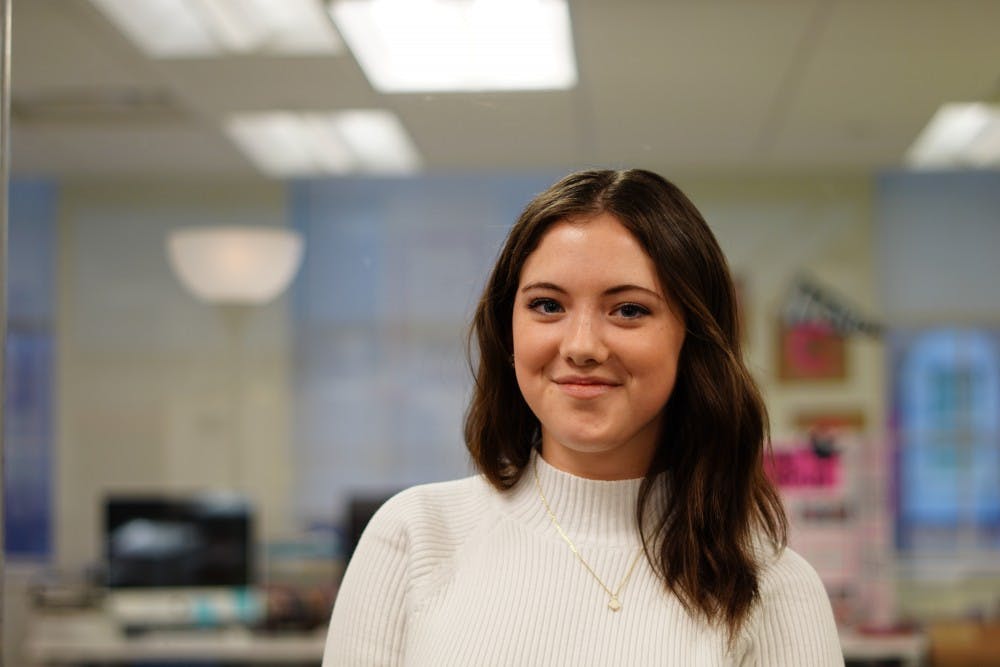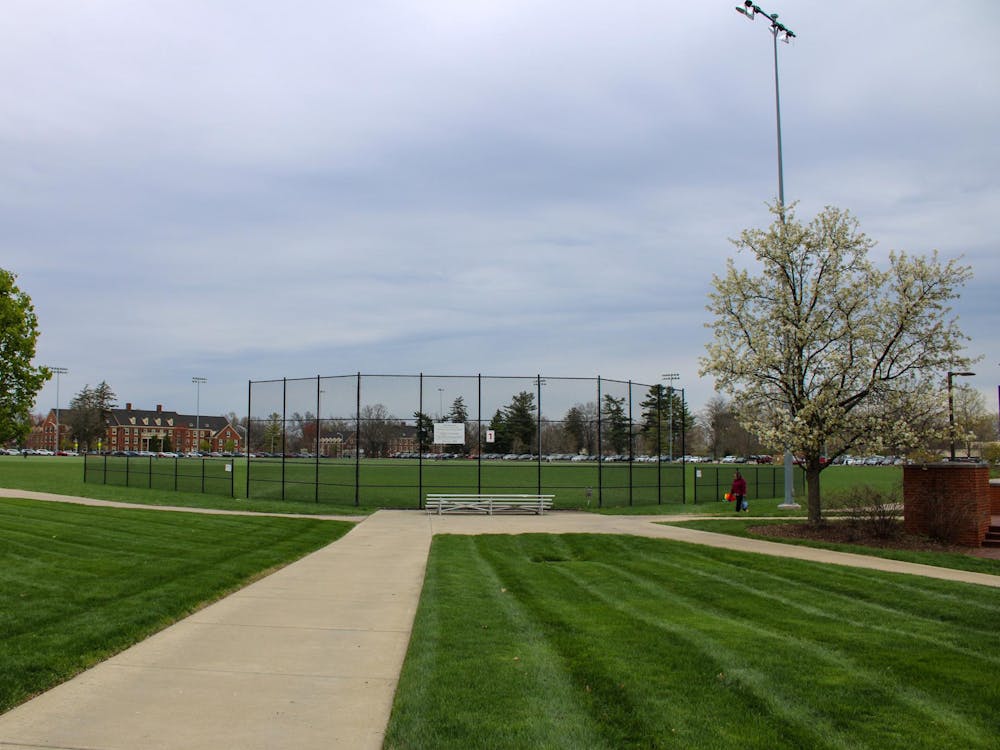I remember the moment I decided to become a journalist. It was in December of my senior year of high school, and I was driving to the library. Or maybe the bank. Wherever it was it was somewhere close, but my 10 minute drive turned into a meandering 30. It was raining, as it does on most of my favorite days.
Nelson Mandela, former South African president and anti-apartheid revolutionary, had just died. NPR's entire program was dedicated to Mandela and the vigils held worldwide in his honor.
I don't remember anything in particular that was said or who the journalists interviewed, but I remember that I started crying as I looped around and around the city block, not able to turn off the radio.
I wanted the opportunity to do what those journalists were doing -- to take that confusion, that grief, those memories, that admiration and make sense of it, to make a narrative that says, "This is important. Don't forget it."
The first week at Miami, I joined The Miami Student with one goal -- to become a better writer. Within a few weeks, I had another goal -- to be the editor-in-chief someday. Well, readers, I am happy (and, to be frank, nervous) to say that day is here.
An extremely condensed version of my resume: Junior. Majors in journalism and marketing. Native of Dayton, OH. Three years with The Miami Student, in writing and editing positions. Twenty-one years a relentless optimist.
My hopes for the following year are high, maybe imprudently so, but I cannot stress enough to you, as a reader, how deeply I hope to do this thing well.
It's not difficult to find critics of journalism, especially in 2017, but the sentiment isn't new. Hell, even Gandhi didn't like journalists.
"I believe in equality for everyone, except reporters and photographers," he said.
And I get it. Journalists don't always get it right, but, I believe, there is a key difference between the journalists that Gandhi resented and the journalists I try to emulate.
That difference? Earnestness.
To be earnest is to show sincere and intense conviction. Both elements are equally important: to be entirely free of pretense and to put one's full effort and energy to the task.
Enjoy what you're reading?
Signup for our newsletter
The journalists who do both, I believe, though they may make mistakes, are truly in the practice to better lives.
It's a huge responsibility. To publish a news article is to say that you have amassed quotes and facts and figures and photos and observations and crafted them into a digestible collection of paragraphs that represent, as Carl Bernstein put it, "the best obtainable version of the truth." It almost sounds crazy. Maybe it is.
But that's something that I love about journalism -- the audacity to try to make sense of the things that are going on around us every day.
The Miami Student is no stranger to criticism. Though we hold ourselves to professional standards, I urge readers to remember that The Miami Student is a living, evolving classroom. Regardless of the age of our publication, even the most seasoned members of our current editorial staff are still neophytes in the realm of journalism.
We're students who aren't removed or immune from the events and issues which we write about on our pages. We live them and feel them and experience them, too.
But we are earnest. We are eager. We are open to criticism and open to learning.
Our office is on the third floor of the Armstrong Student Center, room 3018. If you have something to share, something to tell us -- a critique, a story or just a hello -- please, come see us. Sure, you can comment on our Facebook, but nothing can compare to a face-to-face conversation.
Though I cannot guarantee that I'll never make the wrong call or overlook an error, I can guarantee this: I will listen. I will be open. And I will be earnest.
Email Emily at willi501@miamioh.edu




